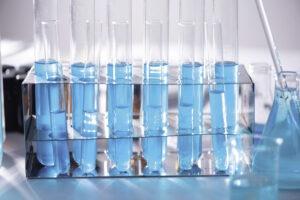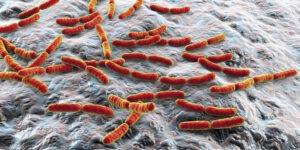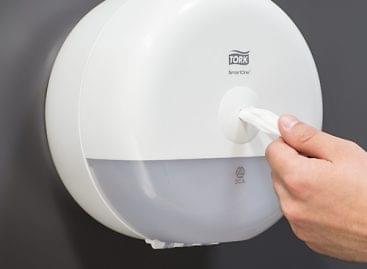Microbiome 1 – Elements of a superorganism
Our bodies are home to billions of microorganisms, which are mostly found in the gastrointestinal tract (99%, which can weigh as much as 2-3kg). Estimation is that there are nearly 10 microbial cells per every human cell and nearly 100 microbial genes per every human gene.
This article is available for reading in Trade magazin 2024/11

Guest writer: Dr. Erzsébet Némedi
biotechnoligist and
food engineer
The human genome is made up of approximately 23,000 genes, while our microbiome encodes more than 3 million genes that produce thousands of metabolites. This means that a superorganism plays an important role in the human body. Often used interchangeably, the terms microbiota and microbiome have completely different meanings.
Microbiota: the collection of microorganisms present in a specific environment, for example “gut microbiota” refers to the microbiota found in the intestinal tract. Microbiome: the collection of genes carried by microorganisms, it is the so-called “scene of activity”.
The microbiome performs a number of essential functions in its habitat, and it is only now that researchers are discovering the context in which it acts and why this is so important. The microbiome works as an extra organ that uses nutrients from ingested foods to produce a range of compounds, e.g. vitamins, short-chain fatty acids (SCFAs), essential amino acids.
A unique “fingerprint”
Every individual has their own microbiota – like a personal fingerprint – and this means that the composition of the gut microbiota is mostly unique to each individual, like one’s ID card. How do we get this “package” and what happens to it during the “trip”? Babies start to colonise microbes when they pass through the birth canal and during skin contact with parents or the medical team. The human microbiota develops in this phase and starts out as a dynamic ecosystem that stabilises in the first 2-3 years. Throughout life our microbial composition changes in both diversity and richness.

Microbiome studies keep producing astonishing results to this day
Bacteria and other elements
In the gastrointestinal tract there is a diverse, predominantly bacterial community. Bacteria have been very thoroughly studied and scientists discovered over 1,000 species in the gut. There are a few species that are present in the majority of the population, but the overall composition of the gut microbiota depends on several factors.

Our friendly bacteria
Two strains of Firmicutes and Bacteroidetes make up 90% of the gut microbiota. It is an interesting process that members of Firmicutes efficiently break down indigestible fibres from our food into short carbohydrates or simple sugar molecules. These are rapidly absorbed and stored as fat. A person in which Firmicutes dominates absorbs up to 12% more calories from each meal. On the other hand, if one’s diet contains more sugar than their body needs and Bacteroidetes recognises this excess sugar, it will encapsulate these excess carbohydrates directly in the gut. This allows the “extra” to be excreted in the stool. So far just a few studies have investigated the viral component (or virome) of the microbiota.
The term virome refers to the total viral genetic material present. Besides viruses, fungi are also part of the microbiome and they are known as the mycobiome. The mycobiome makes up less than 2% of the total gut microbiota and is an integral part of the gastrointestinal tract. There is no consensus on what qualifies as a health-related microbiota. Key factors that have been identified in relation to health are species richness and/or diversity, resilience, flexibility and temporal stability, and gut microbial gene richness. //
Related news
Tork at SIRHA Budapest: hygiene, efficiency and sustainability for the HoReCa sector
🎧 Hallgasd a cikket: Lejátszás Szünet Folytatás Leállítás Nyelv: Auto…
Read more >Essity in EU flagship project PROTEUS to develop bio-based super absorbents from algae
🎧 Hallgasd a cikket: Lejátszás Szünet Folytatás Leállítás Nyelv: Auto…
Read more >Related news
Festival buzz at the 60th anniversary EuroShop trade fair
🎧 Hallgasd a cikket: Lejátszás Szünet Folytatás Leállítás Nyelv: Auto…
Read more >








